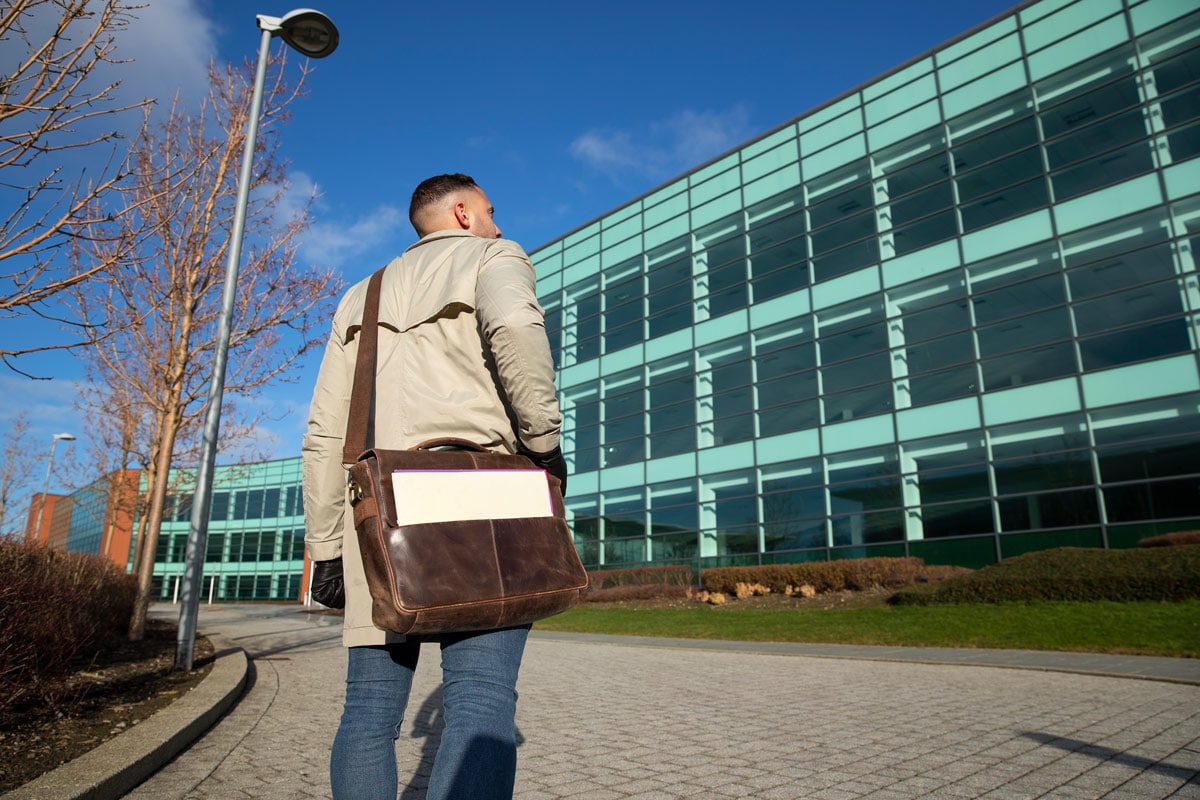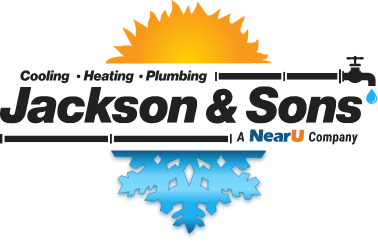
During Eastern North Carolina’s unpredictable winters, which can range from mildly warm to cold and wet, commercial heating issues can cause real trouble for your business. To protect your bottom line, learn the causes of the most common problems and what you can do to prevent them.
Blocked Air Filters
Not having the air filters changed as needed will lead to them becoming clogged with dust and debris that interfere with airflow throughout the HVAC system. Early signs of this, just one of many commercial heating issues, include higher energy bills and smelly or dusty air. If you notice these issues in your commercial building, a new air filter could solve these problems. Going too long without changing the filters puts a strain on your system, caused by the restricted airflow that can damage your system’s components, eventually burning out your furnace’s fan motor.
Refrigerant Leak
This is one of the more serious commercial heating issues. For example, a smaller business may use a heat pump. Refrigerant in a heat pump travels in underground copper tubes between your outdoor and indoor units. The unit’s natural aging process can lead to worn-out seals or hairline cracks in the lines. Airborne formaldehyde in your facilities can enter the lines and turn into formic acid, which eats pinholes through the copper. As a result, the toxic refrigerant can leak and contaminate the surrounding soil. As the refrigerant levels drop, your heat pump provides less and less heat. A refrigerant leak can destroy your compressor, so contact an HVAC technician immediately if you notice signs of a leak.
Thermostat Issues
Some of the most frustrating commercial heating issues are caused by one of the smallest components: the thermostat. Over time, a thermostat can slip out of calibration, sometimes by as much as 10 degrees. When this happens, it recognizes the room temperature as being higher or lower than it really is and, as a result, it either over- or underheats your facilities. A malfunctioning thermostat can also create temperature fluctuations or cause your system to run constantly until you turn it off yourself. Your HVAC professional can recalibrate your thermostat or, if it’s beyond repair, replace it for you.
Damaged Heat Exchanger
All furnace heat exchangers wear out eventually, but the heat exchangers in gas packs are particularly prone to early failure, illustrating another one of many commercial heating issues. Because the heat exchanger is outdoors, it’s at risk for forming condensation that causes corrosion. Once corroded, the heat exchanger can release deadly carbon monoxide (CO) gas into your facilities. Low levels of CO don’t always set off detectors, but it can still make your workers sick. This is one reason routine HVAC inspections are so critical. If your heat exchanger is damaged, you’ll need to have the system replaced.
Consider an Energy Savings Plan for regular maintenance on your commercial heating and air system to keep it running at peak performance during winter and all year long and to do your best to avoid the most common commercial heating issues. For additional assistance, contact us at Jackson & Sons.

